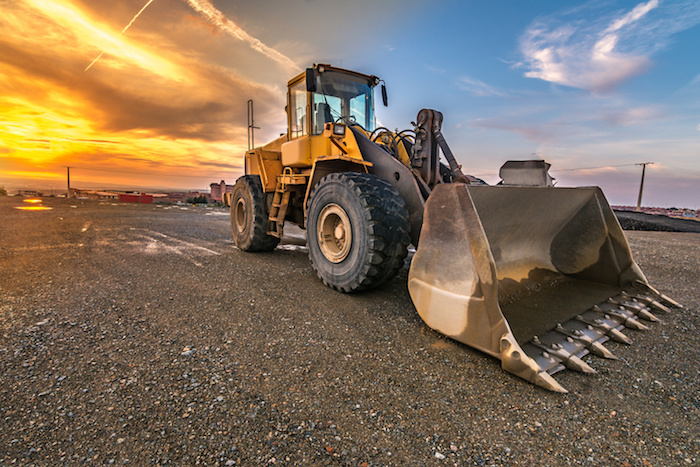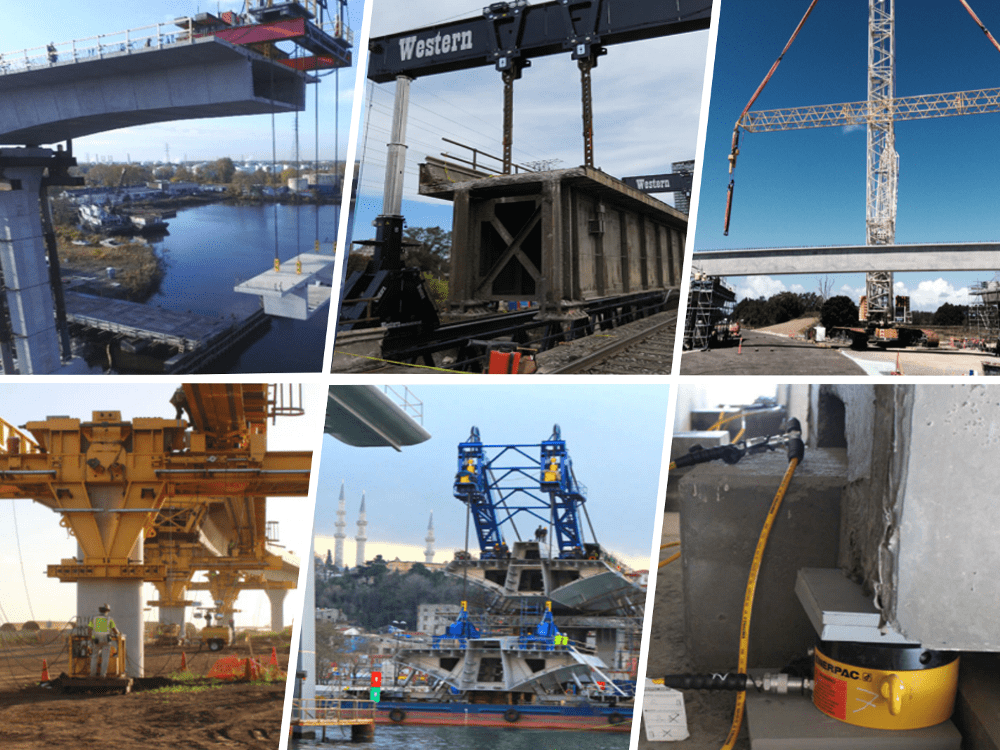Dozer Rental in Tuscaloosa AL: Dependable and Affordable Heavy Machinery
Discovering the Financial Advantages of Leasing Construction Devices Compared to Possessing It Long-Term
The choice between possessing and renting out building and construction equipment is pivotal for monetary management in the sector. Leasing deals immediate price financial savings and functional adaptability, enabling business to designate sources much more successfully. Understanding these subtleties is crucial, specifically when taking into consideration how they straighten with particular task needs and financial techniques.

Cost Contrast: Renting Out Vs. Possessing
When reviewing the economic effects of renting versus possessing building and construction devices, a complete expense contrast is necessary for making informed decisions. The choice in between owning and renting out can substantially impact a company's lower line, and comprehending the associated expenses is critical.
Renting construction tools generally involves reduced in advance costs, enabling organizations to designate funding to other functional requirements. Rental arrangements usually consist of flexible terms, allowing companies to accessibility progressed equipment without lasting dedications. This adaptability can be specifically useful for temporary jobs or fluctuating work. However, rental expenses can build up over time, potentially going beyond the expense of ownership if equipment is needed for an extended duration.
On the other hand, owning building equipment needs a substantial initial financial investment, along with recurring expenses such as devaluation, financing, and insurance coverage. While possession can result in long-lasting cost savings, it also locks up capital and might not provide the exact same level of flexibility as renting. Furthermore, having devices demands a commitment to its utilization, which may not constantly line up with job needs.
Ultimately, the choice to own or rent out should be based on a comprehensive analysis of specific job demands, economic capability, and lasting strategic objectives.

Upkeep Duties and expenditures
The option between renting and owning building and construction equipment not only involves financial factors to consider but likewise incorporates continuous maintenance expenditures and duties. Owning devices requires a significant commitment to its maintenance, that includes routine inspections, repair services, and possible upgrades. These duties can quickly collect, causing unforeseen expenses that can strain a spending plan.
On the other hand, when renting equipment, maintenance is usually the obligation of the rental business. This arrangement allows service providers to prevent the financial worry related to damage, as well as the logistical difficulties of scheduling repair services. Rental agreements usually include stipulations for upkeep, suggesting that contractors can concentrate on completing tasks instead of stressing over equipment condition.
Furthermore, the diverse variety of tools readily available for rental fee enables companies to select the current versions with advanced innovation, which can boost effectiveness and performance - scissor lift rental in Tuscaloosa Al. By going with leasings, services can avoid the lasting obligation of tools devaluation and the connected maintenance frustrations. Ultimately, assessing maintenance costs and responsibilities is vital for making a notified choice concerning whether to rent or have construction devices, significantly impacting general project prices and operational efficiency

Devaluation Impact on Ownership

A substantial factor to think about in the choice to have building and construction equipment is the impact of devaluation on total possession prices. Depreciation stands for the decrease in worth of the tools over time, influenced by variables such as usage, damage, and innovations in technology. As tools ages, its market worth diminishes, which can considerably impact the proprietor's financial setting when it comes time to trade the devices or market.
For construction firms, this devaluation can translate to substantial losses if the devices is not used to its fullest potential or if it ends up being outdated. Owners have to make up depreciation in their financial forecasts, which can bring about higher general costs contrasted to renting out. Additionally, the tax obligation implications of devaluation can be complex; while it may give some tax obligation advantages, these are usually offset by the truth of minimized resale worth.
Inevitably, the problem of depreciation stresses the significance of recognizing the long-term economic commitment included in possessing building and construction devices. Companies have to hop over to these guys thoroughly review just how usually they will use the equipment and the potential monetary impact of devaluation to make an educated decision about possession versus renting.
Economic Flexibility of Leasing
Renting out building and construction tools offers significant financial versatility, allowing business to allocate resources much more effectively. This flexibility is specifically important in a sector characterized by rising and fall job demands and varying workloads. By deciding to lease, businesses can stay clear of the considerable funding outlay needed for buying tools, protecting cash flow for various other functional demands.
In addition, renting tools makes it possible for firms to customize their tools choices to details job requirements without the long-term dedication connected with possession. This indicates that businesses can easily scale their tools inventory up or down based upon expected and existing project requirements. Consequently, this adaptability reduces the threat of over-investment in equipment that might come to be underutilized or obsolete gradually.
Another monetary benefit of renting out is the capacity for tax benefits. Rental repayments are usually taken into consideration operating budget, enabling for immediate tax deductions, unlike depreciation material lift for construction on owned devices, which is spread out over several years. scissor lift rental in Tuscaloosa Al. This prompt cost acknowledgment can additionally boost a company's cash money placement
Long-Term Project Factors To Consider
When evaluating the long-term requirements of a building service, the decision in between possessing and renting out tools ends up being a lot more intricate. Secret factors to think about include project period, frequency of usage, and the nature of upcoming jobs. For jobs with extended timelines, buying tools might appear advantageous as a result of the capacity for lower general prices. Nevertheless, if the equipment will certainly not be used consistently across jobs, owning may bring about underutilization and unneeded expenditure on storage, upkeep, and insurance.
Additionally, technological innovations pose a considerable factor to consider. The building and construction industry is advancing quickly, with new devices offering boosted effectiveness and security attributes. Leasing allows companies to access the most recent modern technology without devoting to the high upfront prices connected with getting. This versatility is especially valuable for services that handle diverse tasks requiring various kinds of tools.
Furthermore, financial stability plays a vital function. Owning equipment commonly requires substantial capital financial investment and devaluation issues, while renting out special info permits for even more foreseeable budgeting and money flow. Ultimately, the choice between renting out and having ought to be straightened with the strategic objectives of the building and construction service, taking into consideration both expected and present task needs.
Final Thought
In final thought, leasing building and construction tools offers considerable financial benefits over long-term possession. Eventually, the choice to lease rather than very own aligns with the vibrant nature of building tasks, permitting for versatility and accessibility to the most recent tools without the financial burdens connected with ownership.
As tools ages, its market value reduces, which can dramatically impact the owner's economic placement when it comes time to trade the tools or market.
Renting out construction equipment provides substantial financial adaptability, enabling companies to allocate resources a lot more effectively.Additionally, renting out equipment enables business to tailor their devices options to certain job demands without the long-lasting dedication associated with possession.In final thought, renting out construction devices uses considerable economic advantages over long-lasting possession. Eventually, the choice to rent out instead than own aligns with the vibrant nature of construction jobs, permitting for versatility and access to the latest devices without the financial concerns linked with ownership.